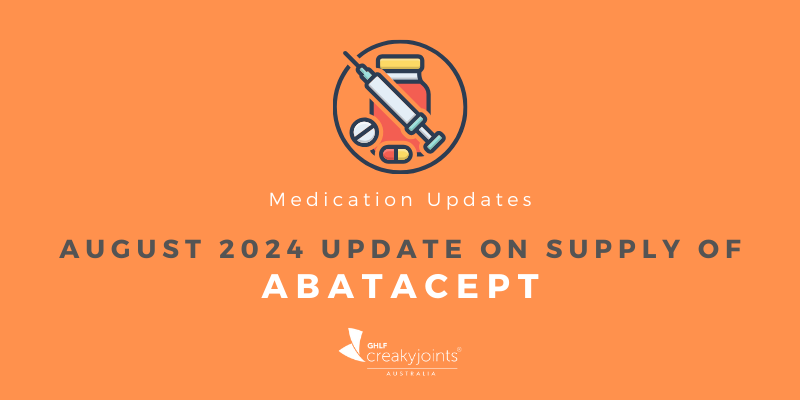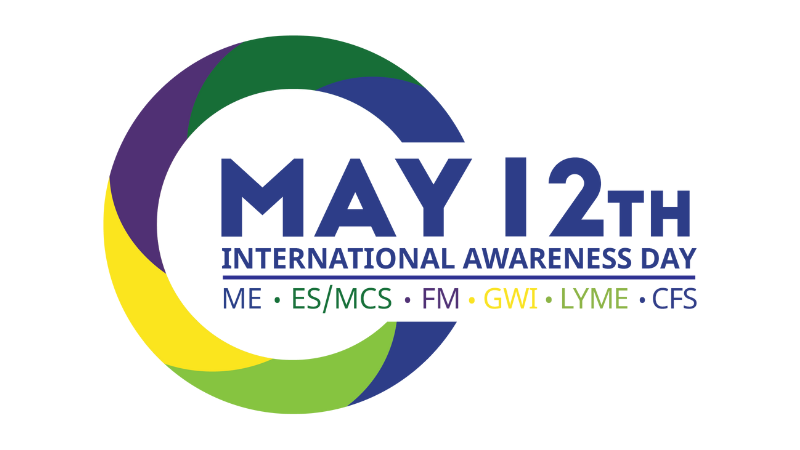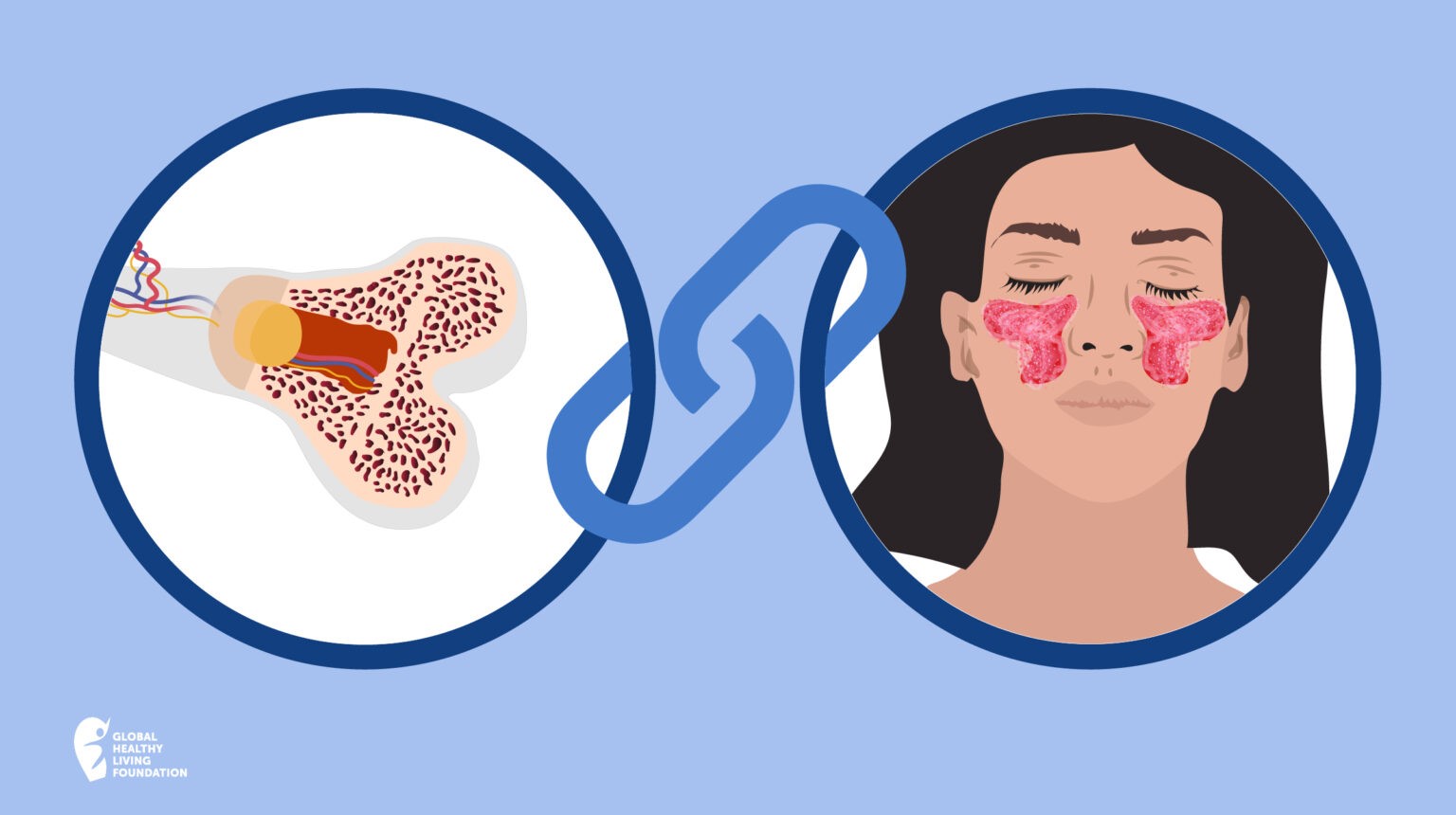

The free shingles vaccination is now available to more people over 18 who are immunocompromised due to an underlying health condition or as a side effect of treatment.
Shingles (also known as herpes zoster) is a viral infection that causes a painful blistering rash as a result of the reactivation of the same virus that causes chickenpox. While most symptoms typically last two to three weeks, shingles can lead to nerve pain that can last for months. Roughly one in three people will develop shingles at some stage during their lifetime.
Shingles Symptoms
The initial symptoms of shingles are:
- A burning, tingling or itching sensation
- Sensitivity to light
- Headache
- Tiredness
- Rash
About two to three days after the initial symptoms, a rash will appear on sensitive skin. This rash usually appears on one side of your body around a skin nerve. At first, the rash consists of painful red bumps. These bumps quickly develop into fluid-filled blisters, which can be painful and itchy. These blisters will burst, and then heal into a crusty surface over two weeks.
The shingles rash can affect your:
- Face
- Chest
- Back
- Abdomen (tummy)
- Pelvis
The rash usually lasts for around 10 days, but it can take several weeks to settle. In some people, shingles can lead to lasting nerve damage (called post-herpetic neuralgia).
(See the Healthdirect Australia website for information on managing shingles symptoms.)
Who Can Get Shingles?
If you have had chickenpox you can get shingles, even if you only had a mild case of chickenpox. After having chickenpox, the virus stays in the nerve cells of your body but is not active. Shingles occurs when the virus becomes active again — usually many years later. The virus may be reactivated by stress, illness, immunosuppression, older age, trauma and radiotherapy. However, shingles often occurs for no known reason.
Shingles can occur at any age. However, the risk of shingles is higher in people:
- Aged over 50 years
- With a weakened immune system
- Who had chickenpox in their first year of life
Usually, people have shingles only once in their lives. But sometimes, especially if you have a weakened immune system, you might get repeat infections.
You can’t catch shingles from someone who has shingles. But you can get chickenpox from someone who has shingles if you have never had chickenpox or the chickenpox vaccine.
Unlike chickenpox, the shingles virus does not usually spread by coughing and sneezing. It spreads through contact with fluid from the blisters on a person’s skin who has shingles or by using or touching their bedding, clothing or towels.
If you get shingles, you can cover the shingles blisters with a dressing to help reduce the risk of passing the virus to others. This can also reduce the risk of your blisters becoming infected. Once the blisters crust over, your shingles is no longer contagious.
Shingles Vaccination
Getting vaccinated against shingles reduces your chance of developing the condition. The vaccine used to protect you against shingles is not the same as the vaccine used to protect against chickenpox.
The two-dose shingles vaccine (Shingrex®) was already subsidised by the National Immunisation Program (NIP) for a limited group of people. Those who did not meet those specific demographics had to pay up to $560 to be vaccinated.
(Note: There is currently no recommendation for booster doses of Shingrix® vaccine.)
From 1 September 2024, eligibility for free vaccination was expanded to include:
- People 65 years and over
- Aboriginal and Torres Strait Islander people 50 years and over
- Eligible people 18 years and over considered at increased risk of herpes zoster due to an underlying condition and/or immunomodulatory/immunosuppressive treatments
This last category includes people with autoimmune conditions on certain disease-modifying antirheumatic drugs (DMARDs) including:
- Methotrexate (20mg or more per week)
- Biologic DMARDs including (but not limited to) adalimumab, certolizumab, etanercept and abatacept
- JAK inhibitors including (but not limited to) tofacitinib and baricitinib
You may experience minor side effects following vaccination. Most reactions are mild and last no more than a couple of days and you will recover without any problems.
Sources
- Healthdirect Australia: Shingles
- Australian Government Department of Health and Aged Care: Shingles (herpes zoster) vaccine
- National Immunisation Program: Shingles vaccination from September 2024
This information should never replace the information and advice from your treating doctors. It is meant to inform the discussion that you have with healthcare professionals, as well as others who play a role in your care and well-being.
Join the CreakyJoints Australia
Becoming a CreakyJoints Australia member takes just a few minutes. You’ll receive our members’ e-newsletter featuring:
- Reliable information about arthritis types and treatments.
- Tips for managing daily life with arthritis and related conditions.
- Personal stories from people living with similar conditions to you.
- Links to our podcasts featuring interviews with health clinicians and patients.
- Surveys to help us discover what’s important to you.
Follow Us on Social Media
We set up our CreakyJoints Australia Community group on Facebook to share our latest news, feature articles, arthritis resources and other content with you. We invite you to provide feedback on any of our posts and chat with each other in the comments. You are also welcome to share ideas about content you would like us to create or share practical tips for living with arthritis and related conditions.
You can also follow CreakyJoints Australia on Twitter/X and Instagram.
Keep Reading
- July 2024: Updated COVID-19 Booster Advice for Rheumatology Patients
- How to manage common respiratory infections: Information for rheumatic disease patients
- Government Support for People With Chronic Conditions
- Health and Community Services Information For People With Chronic Conditions
- Medicinal and Non-Medicinal Arthritis Treatments




